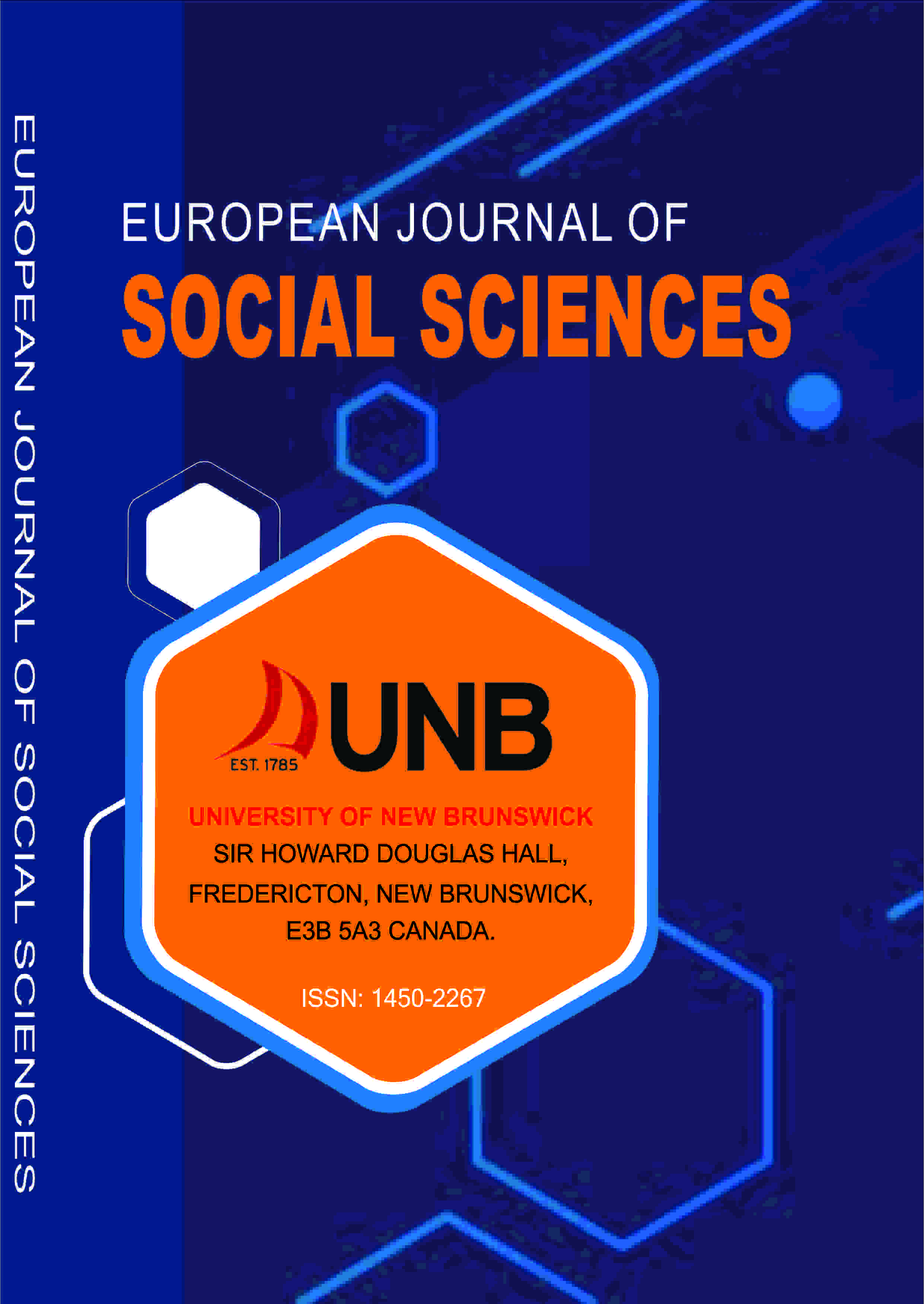EUROPEAN JOURNAL OF SOCIAL SCIENCES (EJSS)
Intergroup Relations and Conflicts in Nigeria: Implications on National Development, 1914-2024
E-ISSN: 4899-5667
P-ISSN: 1450-2267
DOI: https://iigdpublishers.com/article/800
This study assessed intergroup relations, conflicts and its implications on the development of Nigeria from 1914-2024. It examined the nature, causes and consequences of intergroup interactions with a particular focus on national development. The study derived its data from the primary, secondary and multidisciplinary sources. It adopted the Historical Materialism theory of Karl Marx as a template for analysis. It revealed that Nigeria is a country marked by remarkable ethnic, religious, linguistic and cultural diversity. With over 250 ethnic groups and more than 500 languages, the country’s socio-cultural/political landscape is inherently complex. While this diversity is a source of cultural richness and identity, it has also contributed to persistent intergroup conflicts – rooted in historical, political, economic and socio-cultural dynamics that have become recurring features of the nation’s experience, threatening peace, unity and national development. The study examined the Nigerian Civil War of 1967, the Farmer-herders crisis, the IPOB menace and the Niger Delta crisis. It revealed that these conflicts often stem from competition for political power and access to economic resources, identity politics and perceived marginalization by the minority ethnic groups which have had significant impact on the development of Nigeria as a nation. The study established that ethnicity and power competition, religious difference, colonial legacies, resource control, historical grievances and perceived marginalization are key factors that contribute to intergroup conflicts in Nigeria. These conflicts as the study showed has eroded and strained national consciousness/belief, impacting negatively on national cohesion and intergroup harmony. The study recommended addressing the root causes such as; poverty, unemployment, inequality, promotion of inclusive governance, improved conflict resolution mechanisms, and reconciliation between different groups, as well as supporting economic development and resource sharing initiatives that benefit all communities as a way forward. It concludes that national development and intergroup harmony can be achieved if intergroup interactions are modeled in ways that captures the essence and needs of all groups.
Michael Thomas Blessed PhD
Achebe, C. (2012). There was a country: A personal history of Biafra. Penguin Press.
Adegbulu, F. (2011). Pre-colonial inter-group relations in Nigeria: The case of the Yoruba and the Itshekiri. Journal of African Studies and Development, 3(5), 87-94.
Adeyemi, B.O. (2018). National integration and the National Youth Service Corps scheme: An appraisal. Journal of Social Sciences and Humanities, 6(2), 45-56.
Afigbo, A. E. (1989). The making of modern Nigeria. Longman Nigeria.
Afigbo, A.E. (1972). The warrant chiefs: Indirect rule in southeastern Nigeria, 1891–1929. Longman.
